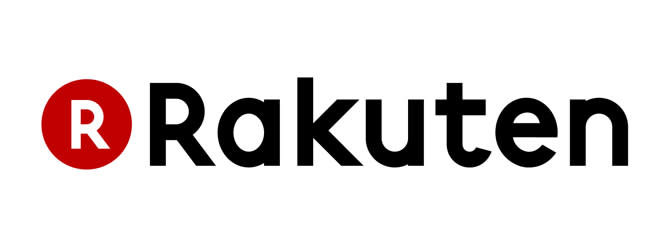Rakuten Opens Singapore Base, Eyes Southeast Asia Expansion

Japanese e-commerce giant Rakuten (JSD:4755) now has a regional headquarters situated at One George Road in Singapore. The new Singapore office is set to take charge of Rakuten’s Asia-Pacific operations including marketing and regional expansions. Aside from its native Japan, Rakuten has e-commerce operations in Taiwan, Malaysia, Thailand, and Indonesia. However, its China joint-venture with Baidu didn’t turn out to be successful.
Rakuten’s head of Asia marketing, Shin Hasegawa, told me that Singapore was chosen because of its close proximity to other Southeast Asian countries, and access to talented people. Interestingly, Rakuten also chose Singapore as a base because it believes it is the gateway to interact with the region’s startups.
Rakuten does invest in startups. Most prominently, it was the lead investor in Pinterest’s latest financing round. Like most of its Japanese counterparts such as GREE and CyberAgent who have set up corporate venture arms to invest in startups across Southeast Asia, Rakuten could also follow the same path. When asked about the possibility of having a ‘Rakuten Venture Fund’, Hasegawa told me that it could potentially be part of the big plan. But regardless, Rakuten is already investing in startups whether or not there’s a dedicated venture fund.
Ideally, Rakuten hopes to create a global marketplace for anyone anywhere to buy items on Rakuten. But there’s still a long way to reach that goal due to fragmented logistics systems and payment solutions across borders. To date, Rakuten has over 38,000 merchants offering over 90,000,000 products. They are looking at countries like Vietnam and Australia but this is very much in the research phase. There aren’t any concrete plans which Rakuten can reveal at this point.
Besides online shopping, Rakuten also deals with e-books and an e-reader device. The Kobo platform and hardware, which was acquired by Rakuten in 2011, has no presence in Southeast Asia and we might just see it acquire or make deals with local partners with the right know-how. Three very interesting players come to mind: Ookbee (Thailand), Scoop (Indonesia), and WayangForce (Indonesia). Hasegawa declined to comment on the topic but agrees that interesting things might happen in the e-book space in Southeast Asia.
All in all, Rakuten understands that it’s new to this region and is certainly willing to speak to startups and investors to find out more about what’s brewing in the Southeast Asia tech scene.
The post Rakuten Opens Singapore Base, Eyes Southeast Asia Expansion appeared first on Tech in Asia.

 Yahoo Finance
Yahoo Finance 
